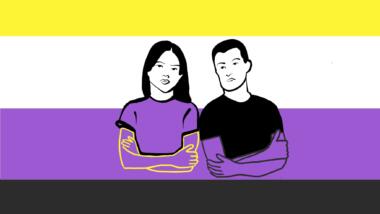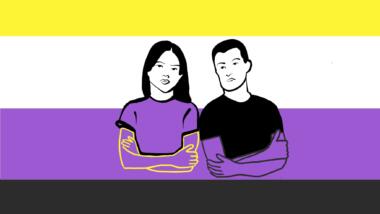The O’Reilly Emerging Technology Conference in San Diego ends today. Among many prominent speakers, designers, and specialists who came to share ideas, technology solutions, and worries were Lawrence Lessing, Cory Doctorow, Tim O’Reilly, Jimmy Wales, Peter Norvig, Neil Gershenfeld, Chris Anderson, and Mike Shaver. During such an outstanding conference it would be unthinkable not to address the controversial MGM v. Grokster case (March 29) which may totally change the legal status of P2P file sharing Internet networks in the US. And in the long run influence also European software market. New York Times, writes today:
Some technologists warn that if the court decides in favor of the music and recording industries after hearing arguments in the MGM v. Grokster case on March 29, the ruling could also stifle a proliferating set of new Internet-based services that have nothing to do with the sharing of copyrighted music and movies at issue in the court case. Some of those innovations were on display here at the Emerging Technologies Conference, attended by about 750 hardware and software designers. The demonstrations included Flickr, a Canadian service that has made it possible for Web loggers and surfers to easily share and catalog millions of digital photographs.
Wikipedia project, iFabricate project, Amazon new A9 search engine, and other projects were also represented.
„This conference shows that it’s no longer about sharing movies and music,“ said Mitchell D. Kapor, the founder of the Open Source Applications Foundation, a San Francisco-based nonprofit organization that is now developing an electronic mail program and a related set of information-sharing software programs. „The momentum of the technology has moved away from the lawsuit.“
Unfortunately no world conference has the power to make reasonable law changes.




0 Ergänzungen
Dieser Artikel ist älter als ein Jahr, daher sind die Ergänzungen geschlossen.